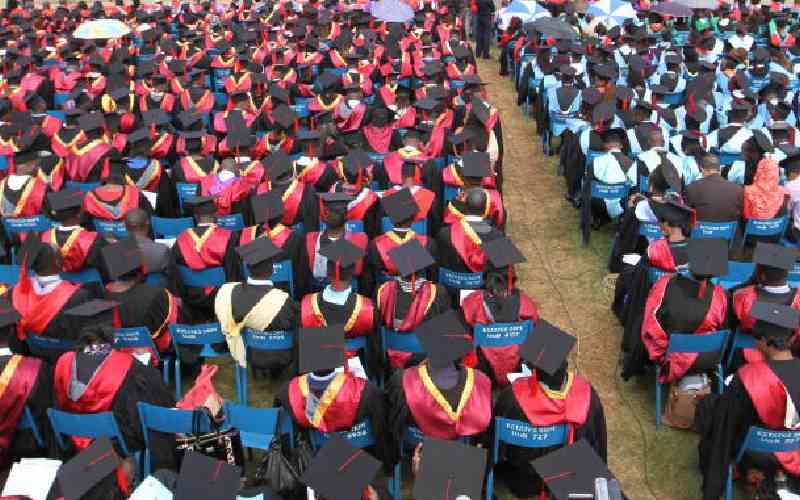×
The Standard e-Paper
Home To Bold Columnists

As the December exams loom, universities across the country are on the brink of financial collapse, leaving thousands of students in a state of uncertainty and despair.
Although the government has always directed institutions to allow students in, for the last four months has been at a breaking line.